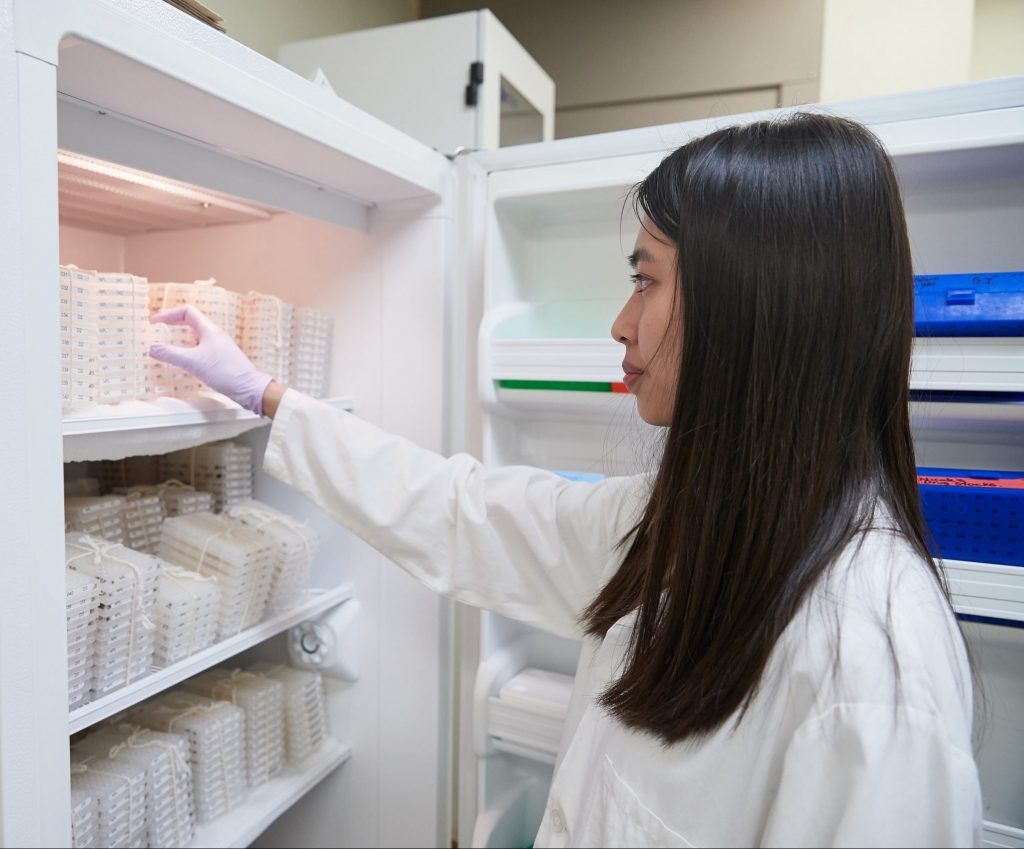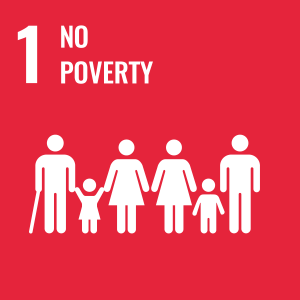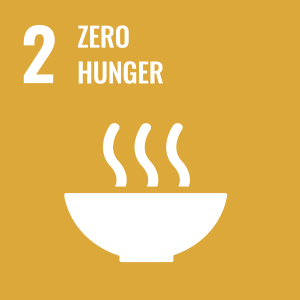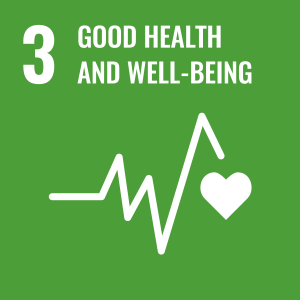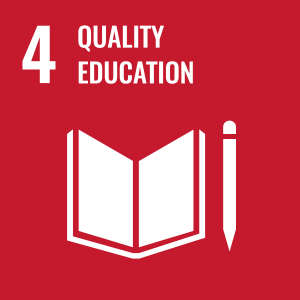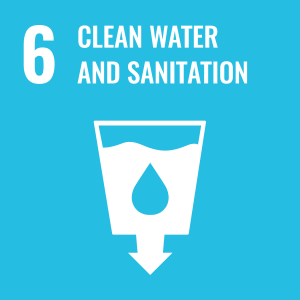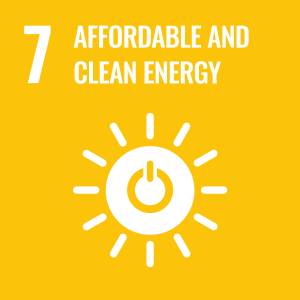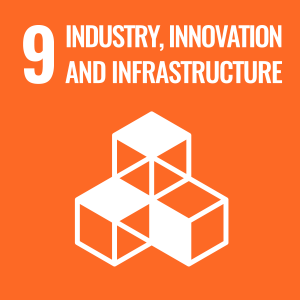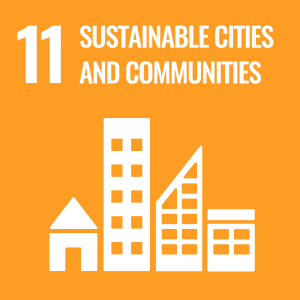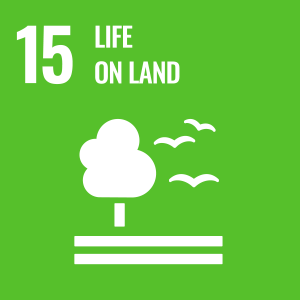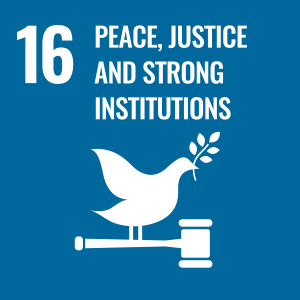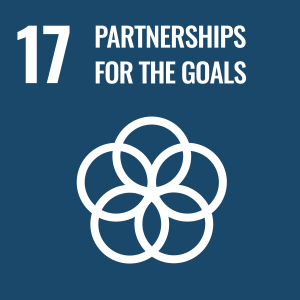Goal 14: Life below water
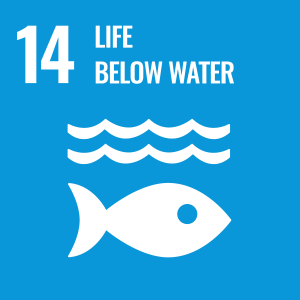 |
Karen Kidd leads a team that studies how human activities affect freshwater and marine ecosystems. Her work is helping us to achieve SDG 14, conserving the complex and beautiful aquatic ecosystems that surround us. |
Karen Kidd, Stephen A. Jarislowsky Chair in Environment and Health
The Ripple Effect
Half a century after DDT was banned, researchers found the pesticide persists at alarming levels in remote lakes, affecting hundreds of aquatic species and potentially entire lake food webs.
That discovery, by a research team led by biologist Karen Kidd, escalated something we thought of as yesterday’s inconvenience into today’s problem — and the chemical might have changed, but the problem persists.
In fact, many effects of industrial and agricultural activity are washed away from our line of sight — and for many of us, out of mind — making it all the more important to build awareness of the hazards of all the contaminants we pump and dump into our waterways.
That’s why Kidd’s research, on the effects of industrial, municipal and agricultural discharge on aquatic organisms, is a revelation, and a reminder to look beneath the surface.
Featured Stories
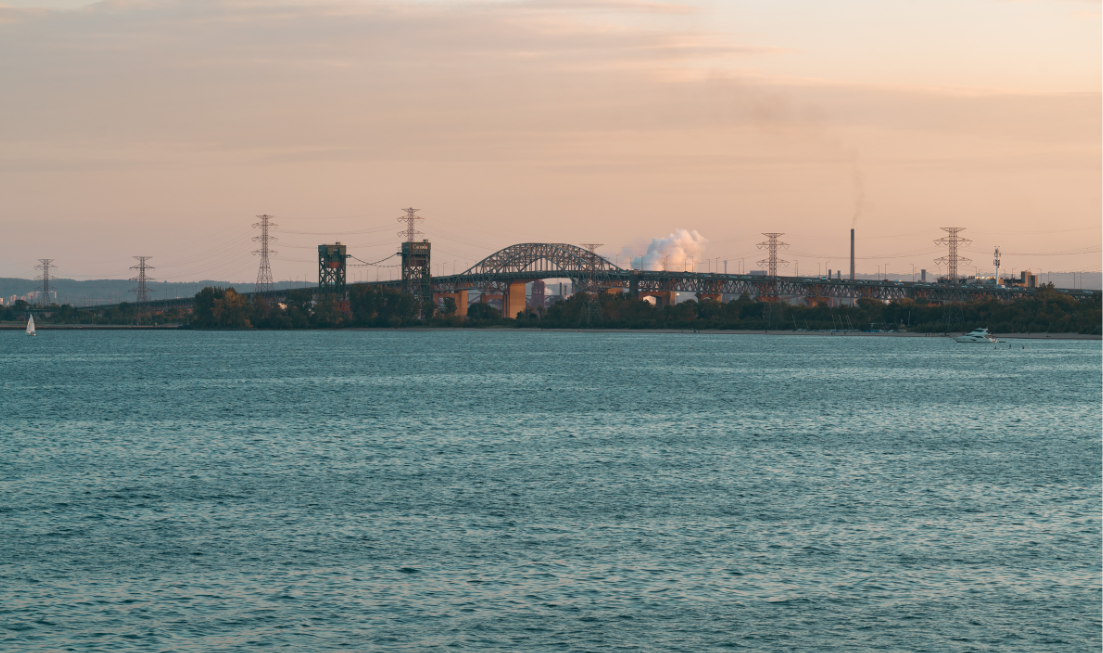
Troubled waters: New U.S. policies put Canada’s water security at risk, expert warns
With the possibility of fewer environmental protections under U.S. President Donald Trump, experts are warning about the impact on Canada’s water security and resources, and . . .
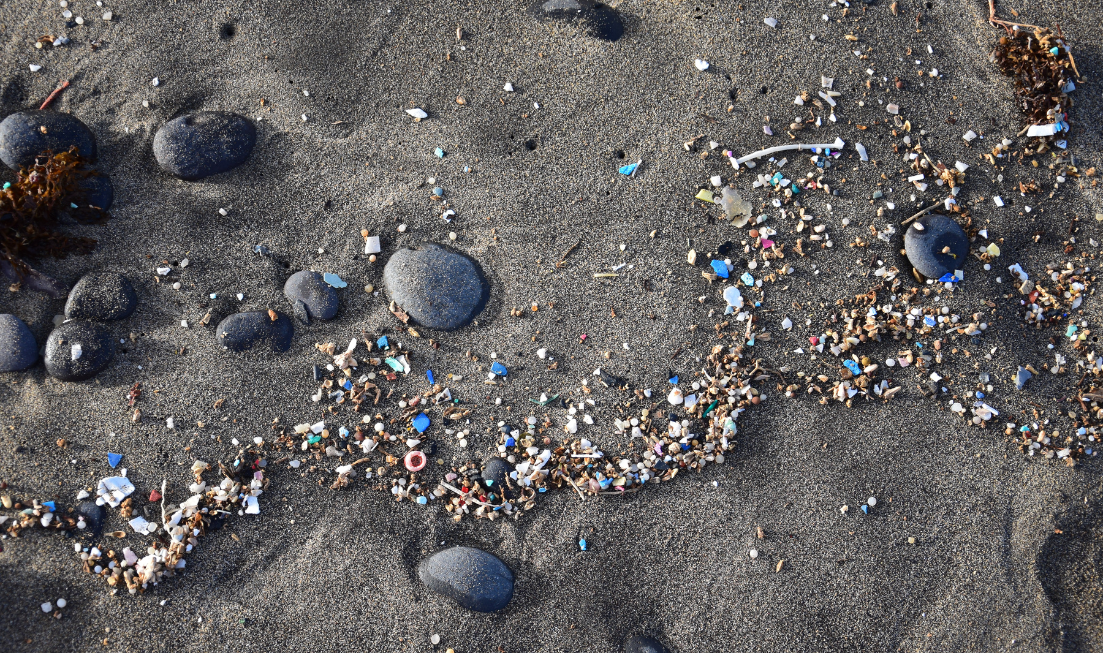
‘Microplastics everywhere we look’ — Great Lakes watchdog calls for Canada and U.S. to act
Scientists advising a cross-border organization that reports on Great Lakes water quality are calling on the U.S. and Canadian governments to designate microplastics a Chemical . . .
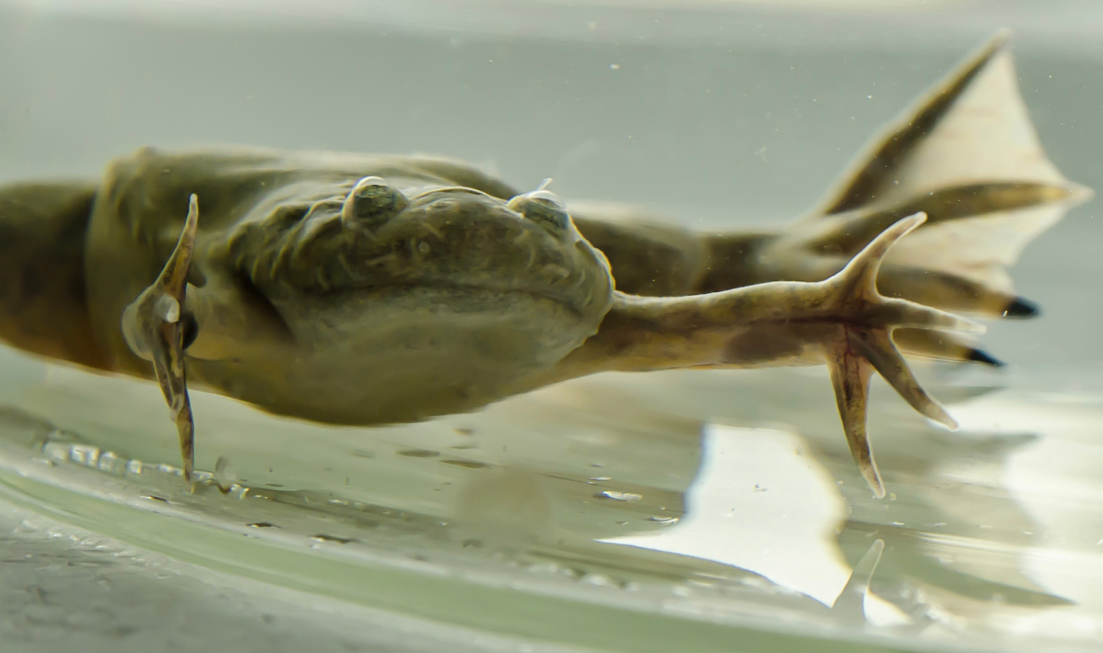
It’s complicated: Researchers discover unexpected complexity of sexual differentiation in African clawed frog
McMaster researchers have uncovered unexpected diversity in the genetic processes that determine the sex of the African clawed frog, a significant discovery in what was . . .

